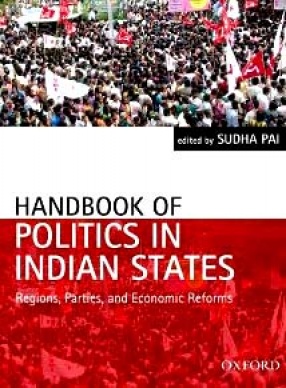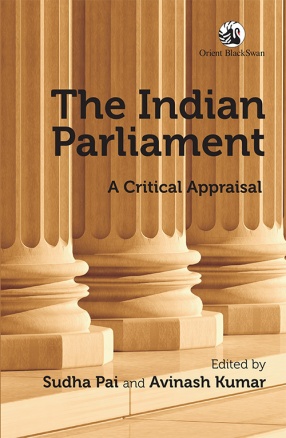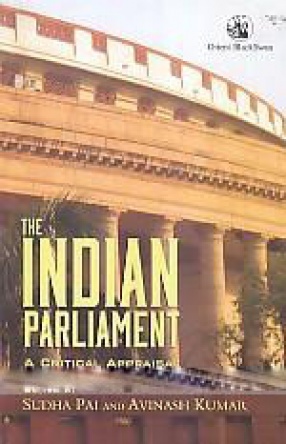Indian states have only recently come to occupy a seminal position in national politics. The older form of a single party system is on the wane. With the rise of regional parties, states have become partners in central governance; they are now enjoying more autonomy and, post-liberalization, are enjoying greater financial freedom.
While most studies on Indian politics focus on the national level, Handbook of Politics in Indian States maps the changing contours of India’s federal democratic politics since independence. Due to the size, diversity, and federal structure arranged along cultural-linguistic lines, developments in the states are determining national patterns. The volume focuses on areas such as democratization, regions and regionalism, political parties and electoral politics, and economic reform. Eminent scholars in the field analyse the changes in the functioning of state politics taking place at two levels-across states and within states. Based on extensive research, the chapters show that these changes have led to the strengthening of Indian democracy by giving voice to the disadvantaged and marginalized sections. This Handbook thus provides a comprehensive account of some of the significant developments and challenges faced by Indian politics today.







There are no reviews yet.